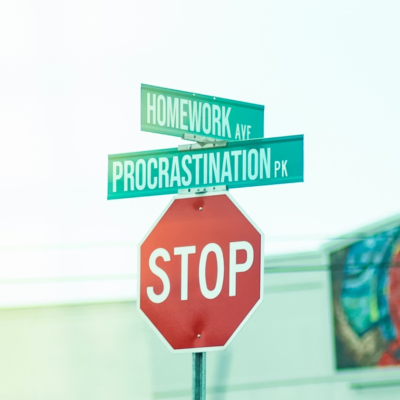Creating the world’s next pushovers
Have you ever wondered how dictatorship works? How do dictators get all that power? When I came to America and enrolled in high school, I was advised to never mention anything remotely close to politics, by teachers and advisors. “Just avoid political talk”. In the land of free speech? Really? I kept wondering why. Obviously not everyone is going to agree with each other, but to not even give students the chance to learn how to be civil was shocking; maybe in some cases it’s best to avoid conflict. But how are we going to be prepared for the real world and all its encounters with people who have different opinions and ideas when we won’t have our teachers above our heads to extinguish that fire anymore? If we don’t talk about politics in school, how does one even hold power as a citizen? How does one gather enough information to build their own opinion and not get influenced by their family members, the news, or false information online? How are we even going to build the skills we need in order to figure out what our morals and true laws are? Is this “norm” enforced so we all grow up blindfolded and easily controlled? Is this rule implemented just for the comfort of the government? The government is not always looking out for the best interest of the citizens. Young minds need access to resources and knowledge to protect themselves from their grasp.
The students are, of course, not at fault. From the first day of grade school to my last day of senior year, I had engraved this taboo statement in the back of my mind “ do not say anything political,” I worried a tiny drop of my opinion might slip out of my mouth whenever I heard something I did not like or that scared me. But here I am, a young person who graduated from an American high school that has learned how to use my voice; this creates a plethora of problems. Now that I have graduated from high school and have gained more consciousness, I realized how harmful it is to students when teachers and educators refuse to let students engage politically in class. A class is filled with so many people from different backgrounds; There are students that face political tyranny because of their race, sexuality, religion, gender, e.t.c. It is unfair to not allow students to express what they think about their country’s government in a space where they spend the majority of their days for 12 years. That restriction makes the environment of the class unwelcoming, as if students need to hide these unchangeable parts of their identities throughout their schooling. In the long-run, it also makes them lose their voice, making them more susceptible to following the government.
Allowing the suppression of ideas hinders growth. How could an educator be okay with this? Everything you say and do, kids absorb it all. You have the power and the responsibility to contribute to shaping each student up into a powerful person. A survey conducted by the Southern Poverty Law Center proves that more than half of 10,000 administrators, teachers, counselors, and support staff feel ‘’ uncomfortable ‘’ bringing up politics in the classroom. That is damaging to young minds. If you are not willing to let students use their voices and learn something from each other just because you want to avoid “conflict”. Maybe you are not prepared to work in a school.
The more teachers and schools isolate students by not allowing them to speak up, the less students are going to know how to listen, understand other people, and not attack them outside of school. It’s in the hands of educators and administrators to mold us into the citizens the world needs. If we are refused a broader way of thinking, the result will be what our society unfortunately consists of now, closed-minded individuals who will believe anything, are only able to think one way, and can’t respect, support or understand opinions because they were never taught to. This is how people lose power in society, and how dangerous ideologies are accepted and conformed to.
In an article by Larry Ferlazzo, a long-term educator and author, he explains the disadvantages of silencing students in classrooms, ‘’Keeping politics out of the classroom does not prepare students for civic life. Placing limits on conversational topics that could bubble to the surface at any point tells these citizens that no one is invested in hearing their opinions. That destroys democracy ‘.” Meira Levinson, a normative political philosopher, an Oxford graduate, and Harvard professor, writes about this in ‘’No Citizen Left Behind‘’: We have a civic-empowerment gap. Students do not believe that they can influence the government, which leads to lower rates of political efficacy. Therefore, students with low efficacy engage with the government less. This gap flows across our country in predictable ways. The reason students grow to believe we can’t influence the government is because we are not given the necessary skills that give us the confidence to try. Years of being muzzled and taught to think a certain way made us uninterested and less caring.
You have built an unguarded generation. A generation that never got the chance to expand their way of thinking. A generation that thinks there is no way out of unwanted governing. A generation with no voice.
It’s time to re-teach educators on how to prepare the next generation of youth to be capable individuals and leaders if we wanna avoid creating the world’s next pushovers.










